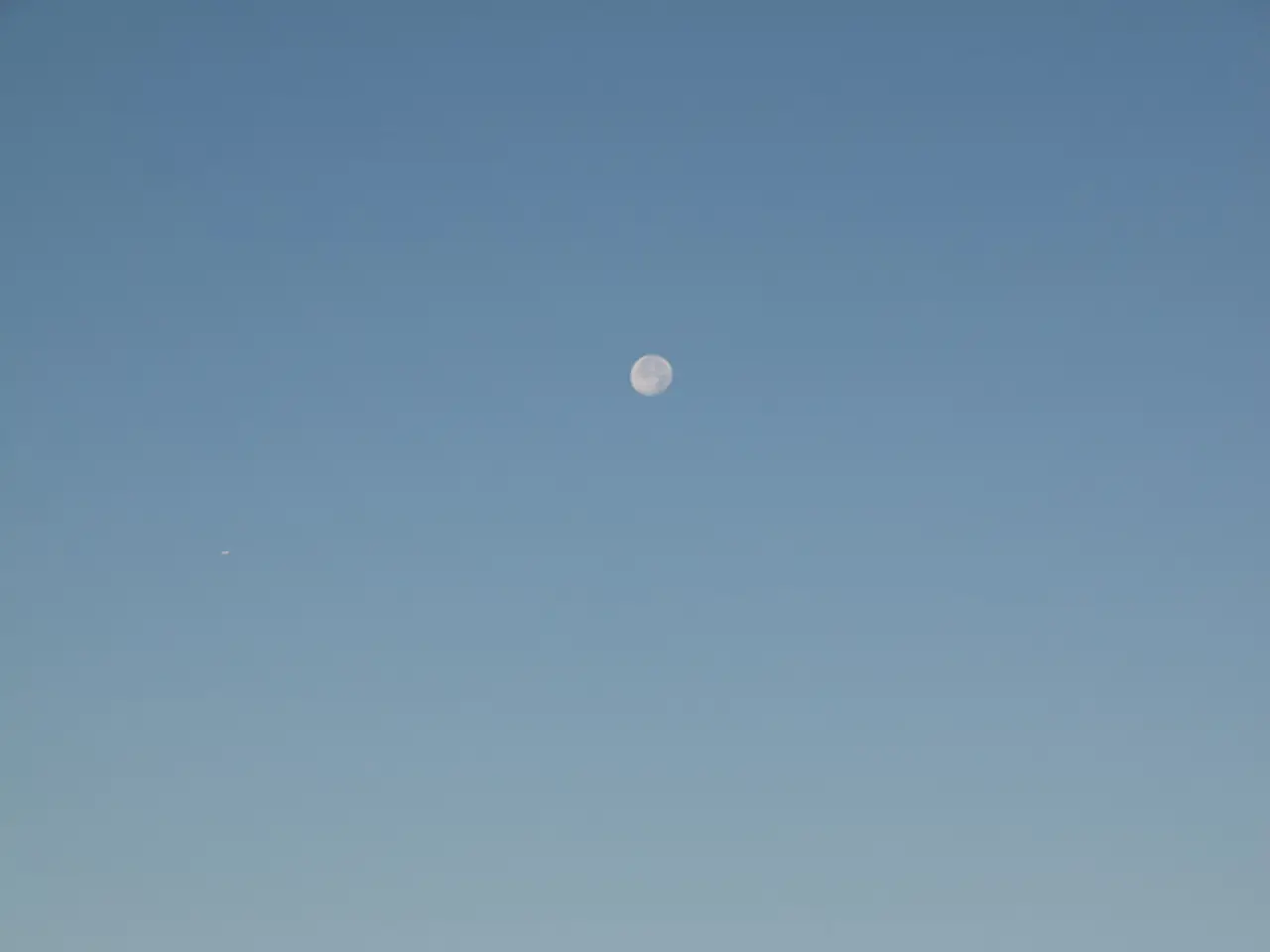Lunar eclipse approaching: The "red moon" set to appear in Blackwood
The skies of Baden-Württemberg are set to light up with a celestial spectacle on Sunday, September 7, as a total lunar eclipse is scheduled to occur, weather permitting. This event, often referred to as a "blood moon," may more accurately be described as a "copper moon" due to the Moon's rusty-brownish colour during the eclipse.
The exact hue of the Moon during the eclipse can be hard to predict, as factors such as Saharan dust or volcanic eruptions can influence its appearance. Regardless, the sight is sure to be a captivating one.
For those interested in astronomy, the event offers a unique opportunity to witness this natural phenomenon. While it may not excite scientists as much, it can certainly spark curiosity and interest among the general public.
Several observatories and planetariums across the region are opening their doors for public observation. The Bodensee Planetarium in Kreuzlingen, for instance, will be open from 19:00 for the lunar eclipse observation. The Observatory Hoher List in Germany will be open from 19:00 to 23:00, offering telescopes for viewing, along with lectures and guided tours. The Stuttgart Planetarium, on the other hand, will play the Pink Floyd album "The Dark Side of the Moon" in its entirety from 18:00, accompanied by 360-degree projection, star projector, and laser show.
The Aalen Observatory in Ostalbkreis and the Stuttgart Observatory have also included the lunar eclipse observation on their programmes. The Karlsruhe Observatory may open for the event, depending on weather conditions.
For a good viewing location, a spot with a clear view of the horizon is recommended. If you're in the Breisgau region, the Rotlache on the Schauinsland is a popular spot for telescope viewing of the lunar eclipse.
The total phase of the lunar eclipse will begin at around 19:30 and last until about 20:53. However, the Moon will rise already completely eclipsed, making it difficult to see directly at the horizon.
It's important to note that if people were on the moon during a lunar eclipse, they wouldn't experience complete darkness. This is due to light refraction.
In case you miss this event, the next total lunar eclipse visible from Germany is on December 31, 2028. Meanwhile, the next opportunity to witness a total lunar eclipse can be seen from America and Asia on March 3, 2026.
For now, mark your calendars and prepare for an awe-inspiring celestial display on September 7, 2023.
Read also:
- Nightly sweat episodes linked to GERD: Crucial insights explained
- Antitussives: List of Examples, Functions, Adverse Reactions, and Additional Details
- Asthma Diagnosis: Exploring FeNO Tests and Related Treatments
- Unfortunate Financial Disarray for a Family from California After an Expensive Emergency Room Visit with Their Burned Infant








